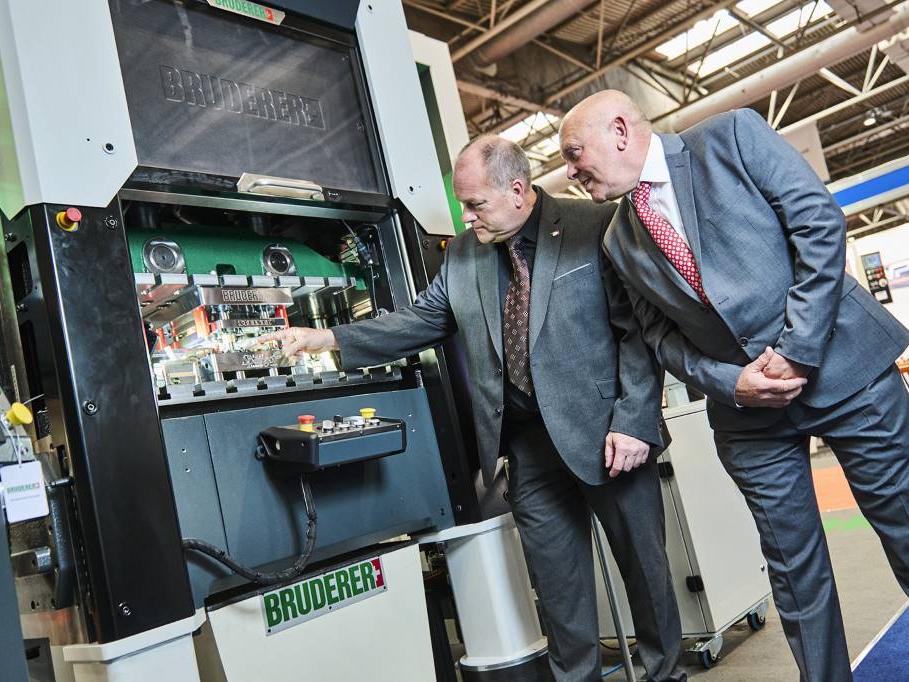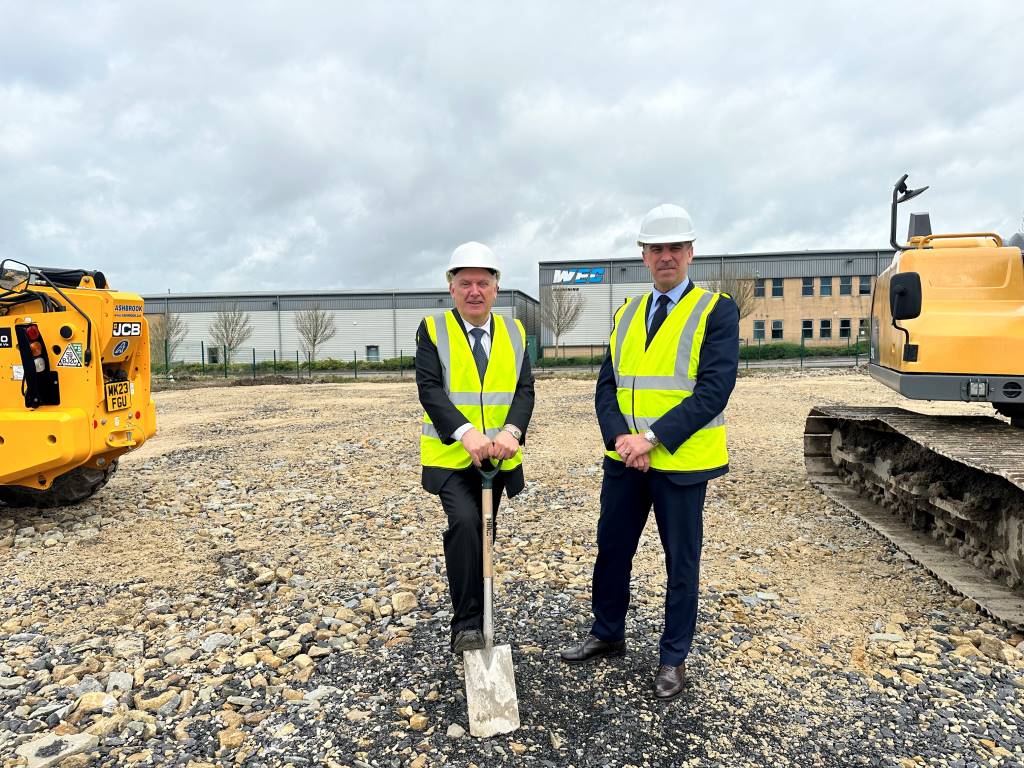Fanuc UK boss explains how to boost productivity in 2021

2021 could be a pivotal year for industry, Fanuc UK says, and the extent to which manufacturers adopt automation may determine its long-term success.
Managing director Tom Bouchier has outlined the three areas manufacturers must focus on to bounce back in 2021.
“At a time when the impact of COVID-19 has presented significant challenges to a number of British businesses, we have also seen the resilience of those willing to adapt,” Mr Bouchier said.
He continued: “There are three key areas that we must focus on if we are to propel UK manufacturing back to its prominent position on the world stage: perceptions of automation, skills & training, and funding.
“Perceptions of industrial automation within the UK have long been an obstacle to greater uptake, and a change in attitude of those within manufacturing is vital in instigating wider adoption. The impact of COVID-19 has, to some extent, had an effect on this, but there has to be an ongoing and concerted effort to educate on the numerous benefits of automation.
“This is where skills and training become even more important. On a fundamental level, this relates to ensuring operators are skilled enough to work with the latest technology. It means creating an appealing and viable entry route for those interested in embarking upon a career in manufacturing.
“However, there must also be a focus on engaging with and training the existing workforce. There can be a fear factor among many working in manufacturing when it comes to automation and robotics, and this is something that can be addressed through education. Robots replace roles not people, and removing a labour-intensive element of someone’s job, with a new skill such as programming, will offer much more long-term value and purpose.
“Finally, even when perceptions and skills are at a level high enough to facilitate the adoption of automation, there needs to be the financial incentive to do so. The ROI of the latest equipment means that investment is quickly paid back in productivity gains, but there needs to be a much broader access to funding for those that require initial financial support.
“Cruelly, SMEs are simultaneously the ones who would benefit most from implementing automation, and yet struggle to raise that initial investment, which is why the government must adopt a more bespoke approach to funding these businesses.”
Fanuc www.fanuc.eu/uk/en













